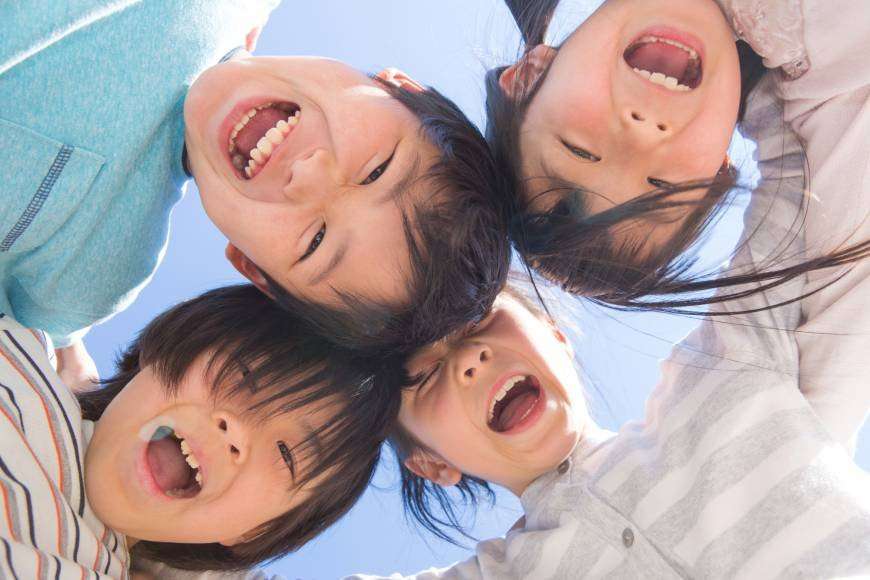The number of children in Japan fell for the 37th consecutive year to a new record low, the latest data showed Friday, indicating efforts by Prime Minister Shinzo Abe’s administration to combat the long-running low birthrate challenge are still wanting.
The number of children, including foreign nationals, fell 170,000 from a year earlier to 15.53 million as of April 1, the lowest level since comparative data became available in 1950, according to the Ministry of Internal Affairs and Communications. A child is defined as a person aged 14 or under.
The ratio of children to the overall population dipped to a record low of 12.3 percent, down for the 44th straight year.
Among 32 countries with a population of 40 million or more, Japan ranked the lowest in terms of the ratio of children to the overall population, lower than that of Germany at 13.2 percent and South Korea at 13.1 percent, the United Nations Demographic Yearbook showed.
Abe has pledged to tackle the nation’s declining and aging population by implementing measures to promote women’s empowerment in society and beef up support for child-rearing by increasing the number of daycare facilities. But those efforts have yet to bear fruit.
By age, children from 12 to 14 comprised the largest group at 3.26 million, while the group covering newborns to 2-year-old children stood at 2.93 million. By gender, there were 7.95 million boys and 7.58 million girls, the ministry said.
The number of children in the nation peaked in 1954 at 29.89 million. While the figure briefly picked up in the 1970s due to the second baby boom, its downward trend resumed in 1982.
Among the 47 prefectures, Tokyo was the only one that had more children than the previous year, according to prefectural data as of Oct. 1.
Okinawa had the highest ratio of children to the overall population at 17.1 percent, while Akita Prefecture logged the lowest at 10.1 percent.

seruko on May 4th, 2018 at 19:01 UTC »
As always it's important to note that Japans demographics and birth rate are very similar to Germany, and it's super weird that there's so much focus on Japan without a similar focus on Germany. That there are a number of European countries with worse demographics and birth rates than Japan: Poland, Italy, Greece, and Spain all immediately come to mind.
https://en.wikipedia.org/wiki/List_of_sovereign_states_and_dependencies_by_total_fertility_rate
RockoMonk on May 4th, 2018 at 18:18 UTC »
One important factor that many people have been ignoring is the that younger people are abandoning the Rural areas to go to the Urban areas in their countries. Also if the young adult doesn't get a job or career started say in the Urban areas his next best option is to move overseas and go another countries Urban areas and find a job or career over there.
The biggest realization is that Rural jobs don't pay that well compare to an Urban job.
Rural areas are losing so many people that they are becoming ghost towns. Look around the world in first countries and you will see what I mean.
On a similar note the only reason why first world countries are not going through that same exact conundrum is because of immigration, but even so immigration is slowing down in many countries.
Man I wonder what is going to happen.. :T
putsteadywere on May 4th, 2018 at 17:34 UTC »
Check out this cool chart. In 1960 38% of the world was children, now it is 26%.